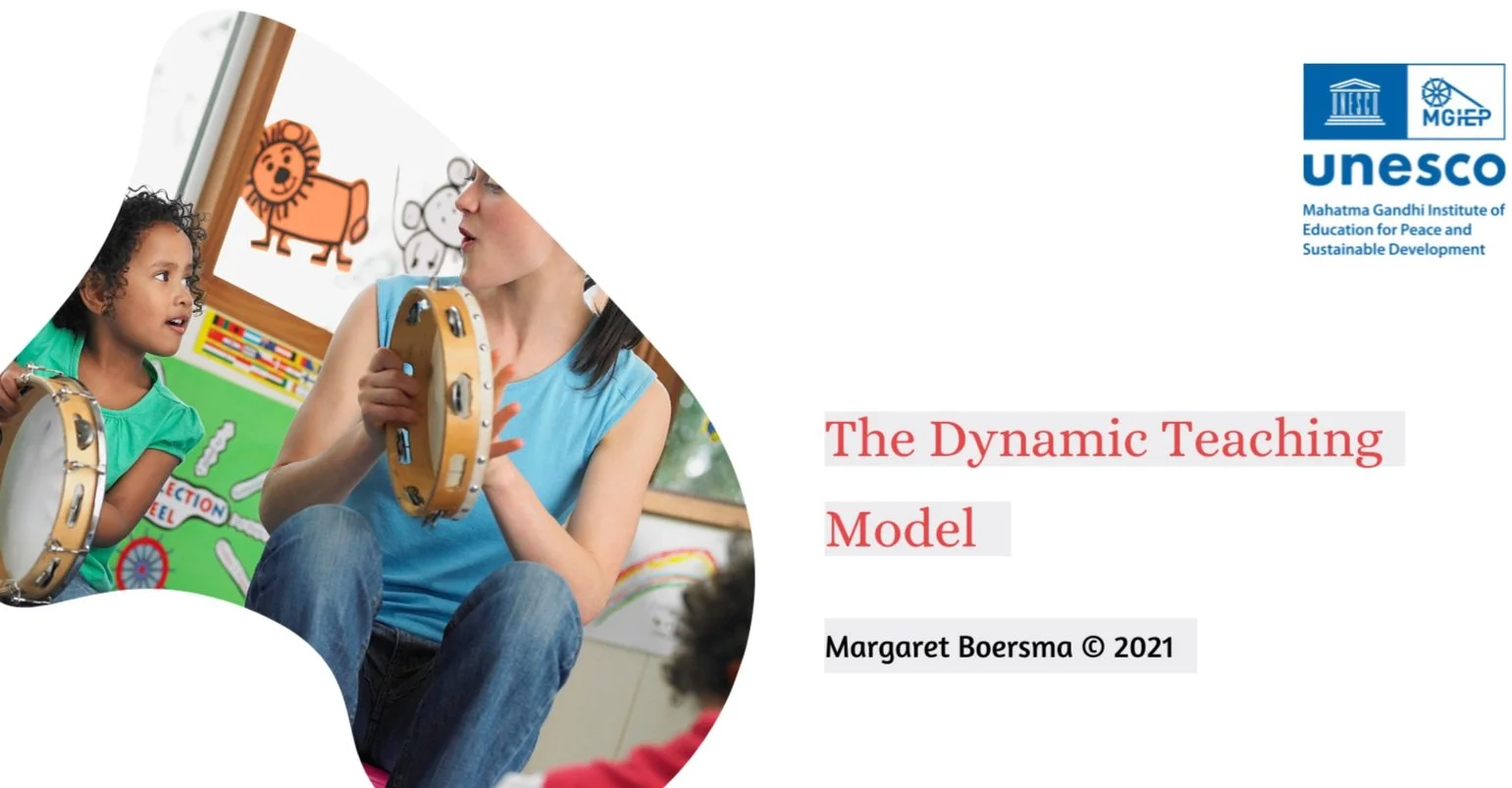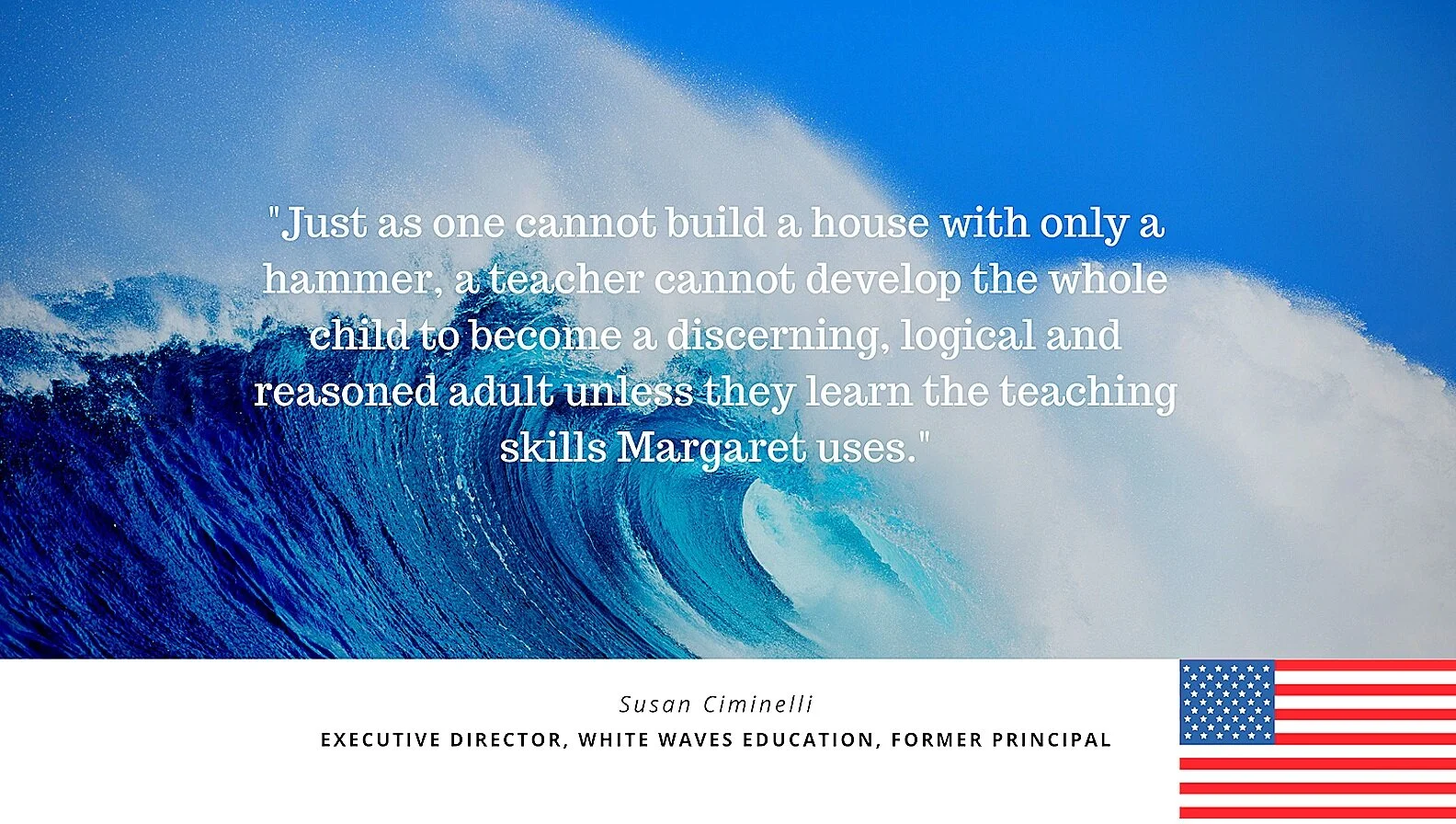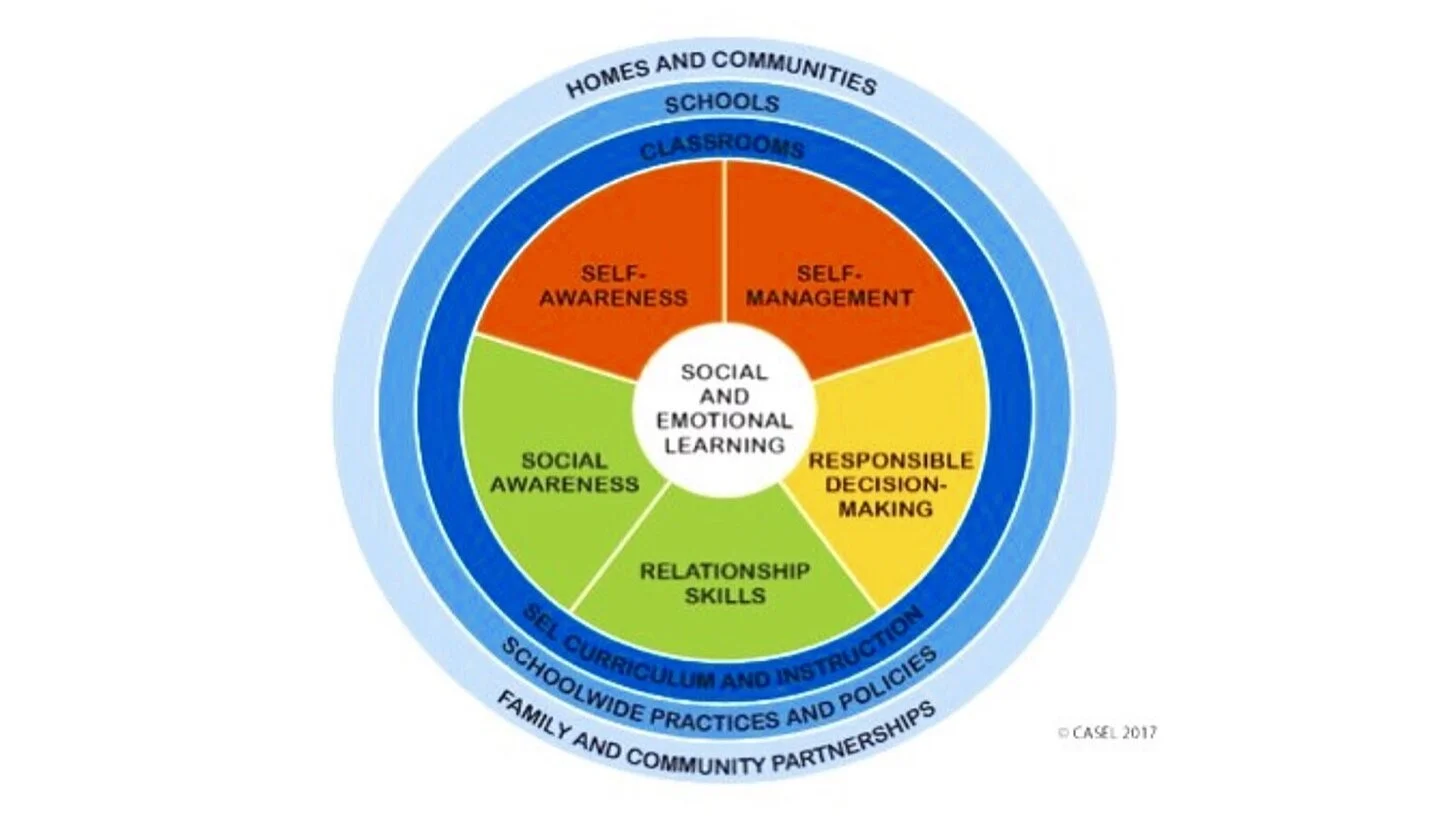Your students may ask; What is it Like for a Refugee? What can we do? How do we show empathy and respect to someone so different? Should we build a candy factory or protect the environment in our community? And for younger students, How do you choose a good friend? What is our role when others are in potential danger? What does it look like to be responsible? Students fumble over these questions and usually offer surface conversational material. As educators, and parents, we must recognize the opportunity to teach deeper thinking.
Read MoreCan your students communicate their ideas clearly and succinctly after raising their hands? When students have the opportunity to defend their point of view or articulate their ideas more fully, I often become aware of their inability to communicate. Even with ample “wait time,” they stammer, can’t find the words or don’t express their ideas in full. The listener is left guessing at the meaning and several exchanges are needed to clarify rather simple thoughts.
Read MoreAs teachers and administrators, we experience these kinds of interactions more often. Doing our best to be equitable, we can still be misunderstood. Our goal is to move our students forward so they can reach their fullest potential. And yet, we are often at a loss as to how to make that happen.
Read MoreSocial and Emotional Learning through Story. This story and the strategies is adaptable for grade 1 to adult. PRE-LEARNING: Students walk about in the space when the leader calls a number. The students form groups and create a statue/tableau with that group. They must remember where they are in the space and what shape they made so when that number is called again, they quickly recreate that tableau.
Read MoreLearning through games and pretending is a simple way to describe drama. Games teach the basics of focus, cooperation, collaboration, decision-making, and other 21st century skills as well as character education. This lesson is a beginning drama lesson to set up students powerfully going forward.
Read MoreHow do we teach RESPONSIBILITY? As teachers, we often complain about students who do not take responsibility for their learning. It seems difficult for them to make good choices e.g. as to where they sit and they have a bad habit of side conversations. We worry about these students and their progress. As teachers, we work very hard to make lessons compelling and spend time scaffolding and planning. And sometimes it seems we work harder than our students! We sometimes say to ourselves at points of frustration, “Well, you can lead a horse to water, but you can’t make him drink.” What if there was a way to teach responsibility?
Read MoreIn this unit: game, writing, dance, drama; Grades 2-adult. Resource: “We are the Earth” by Bobbie Kalma Cooperative Game: Atom – One Teapot: 1 chief, 2 eagle, 3 whale, 4 grizzly bear. Information: Read and discuss pages 16 – 19 of “We are the Earth” by Bobbie Kalman. Minds On: Creative Movement: In a circle, body-storm ,the grizzly bear on the land, whale in the water, eagle in the air and fire in the forest.
Read MoreDo you want a fresh start? Here, the students are reading a difficult passage. But every reader is engaged and supported. Create your own rubric with reading, oral expression and drama expectations when doing the Happy Readers Activity below.
Read More
















Analogical Problem-Solving ™ is what I call teaching by living inside a story such as the Us and Them unit. Students have agency/voice to make decisions inside their class story, an analogy of life. As teachers, we carefully follow their suggestions and integrate lessons as we plan strategies that allow them to discover their learning. Students learn real-life lessons without real-life consequences. They realize at a profound level that we have so much in common. We are all connected. Ultimately the students decide war is not worth the enormous human cost. And they internalize that we are all part of the human race.